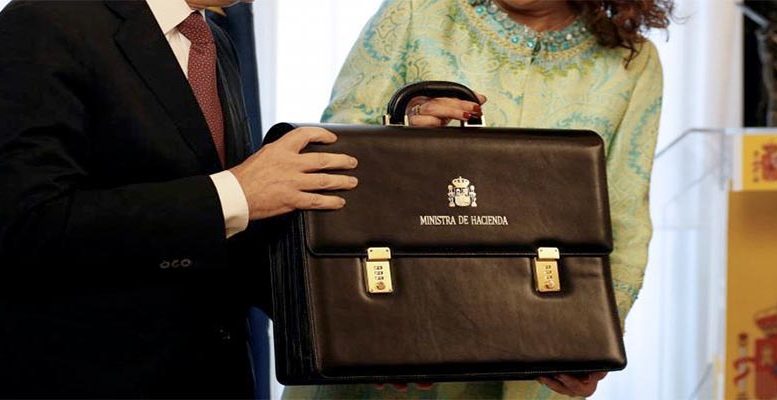Intermoney | According to the draft 2021 Budget, Pedro Sánchez’s government expects tax revenues before transfers to the Autonomous Communities to increase by 13% from 196.5 billion euros to 222 billion. Meanwhile, they calculate that non-tax revenues will grow by 25.7% to 33.52 billion euros. Key to the increase in tax revenues are the fiscal measures announced which, in cash terms, are estimated to add up to 6.08 billion euros in 2021 and another 2.18 billion euros in 2022. However, the government’s collection capacity, given that the basic economic scenario is likely to be worse than it has projected, must be questioned. In fact, even taking into account the tax hikes included in the budget bill, we estimate tax revenues will be around 211 billion euros in 2021. So almost 11 billion euros below budget and this would be equivalent to just under 1% of next year’s GDP. This figure does not include the capacity to fight tax fraud, which is expected to generate 828 million euros.
Therefore the reality is undeniable: a low capacity to generate public revenue which means that, for example, this totalled 39.1% of GDP in 2019 compared to 46.5% for the Eurozone average, based on data from the European Commission. So although it is an unpopular measure, the most reasonable thing to do in Spain is to opt for a moderate increase in the tax burden, while articulating a progressive reduction in spending over the coming years. In other words, action must be taken on two fronts to balance the public accounts in the future. That said, 2021 is the year to guarantee and establish the recovery and not to implement measures that reduce activity by a few tenths. But with a deficit that in 2020 will stand at 13% of GDP, not the 11.3% highlighted by the executive, and that in 2021 will exceed the government’s forecast for 7.7%, we must not forget the need to forge out a path towards balancing public accounts in the medium term.





